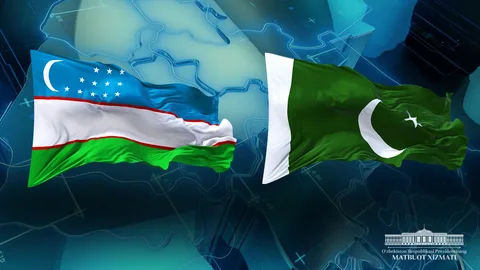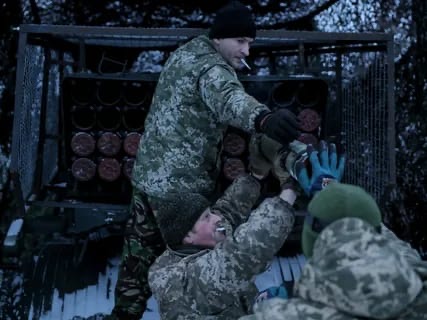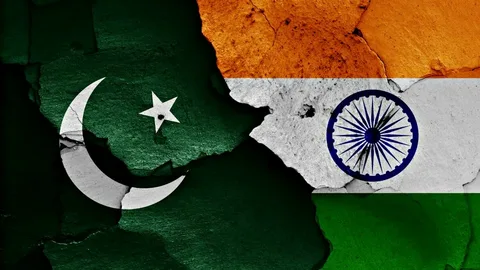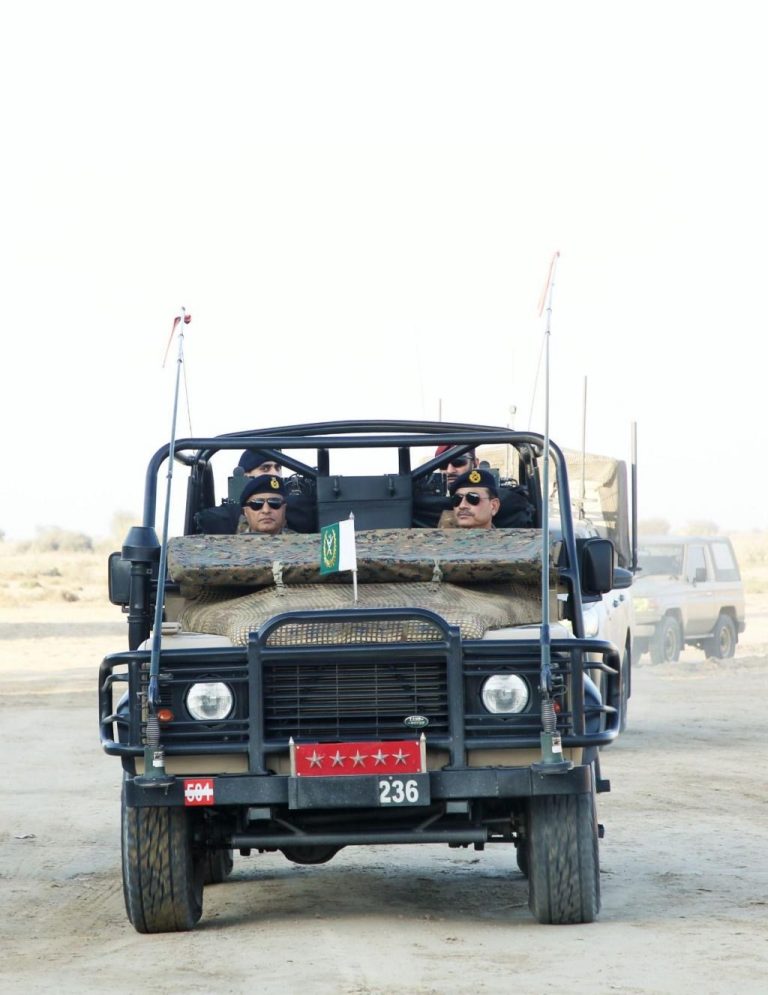Trans-Afghan Railway Project Gains Momentum with New Agreement
Following the signing of a framework agreement by all three nations, regional governments are now moving forward with the construction of a trans-Afghan railway from the doubly landlocked Uzbekistan to the ports of Pakistan, following eight years of discussions.
Rails would run roughly 400 miles (650 kilometres) from the Uzbek border at Termez southeast across Afghanistan past Mazar-i-Sharif and Kabul to the Pakistani border at Parachinar, where they would connect with the Pakistani rail network.
The project was first proposed in 2017. Improvements to the lines south to Karachi have been promised by Pakistani officials. The project is a crucial component of President Shavkat Mirziyoyev’s initiatives to overcome geographical isolation and lessen dependency on the economic routes that go south through Iran and north through Russia to reach global markets.

In an interview that aired on Uzbek television, Uzbek Deputy Transportation Minister Jasurbek Choriev referred to the trans-Afghan project as the nation’s “second most strategically important” infrastructure project, after the China-Kyrgyzstan-Uzbekistan Railway, which began construction last year.
According to him, the project could take roughly five years to finish and will cost $4.6 billion. The Uzbek Transportation Ministry announced earlier this year that work will begin this year.
When finished, the project could reduce the 35-day transit times from Pakistan to roughly four days and boost trade flows from the 300,000 tonnes that are now transported by vehicle across Afghanistan to the initial 3 million tonnes, Choriev said. He noted that the number might increase to 15 to 20 million tonnes between 2035 and 2040.
According to Choriev, the framework agreement includes “a first and a very important step”: cooperative engineering and economic feasibility assessments for the project. We’ve worked hard and been ready for this for a long time.
All parties will have the chance to take concrete action thanks to the framework agreement,” he continued. The project’s difficulties, beginning with geographic ones, were also recognised by the deputy minister.

According to Choriev, the line will cross difficult terrain and necessitate the building of five tunnels and more than 300 bridges, “and they’re long tunnels.” Although security is still an issue in both Afghanistan and Pakistan, Choriev claimed that the Taliban leadership in Afghanistan had promised security.
At a ceremony in Kabul on 17 July, the three nations’ infrastructure and transport ministers signed the framework agreement, marking yet another step towards improving ties between Afghanistan and Uzbekistan.
For example, Kun, an Uzbek outlet, said that Mirziyoyev met with Abdul Ghani Baradar, the Afghan Deputy Prime Minister for Economic Affairs, for discussions during a summit in Azerbaijan in early July. Additionally, according to the Uzbek publication Anhor, the two nations inked a deal in late April to jointly manage the Amu Darya River.
Another challenge is financing the Afghan rail project; the three nations intend to use a combination of private, foreign, and domestic funding sources. “Reactions, comments, and phone calls have already begun to arrive.
“There is already interest,” Choriev stated. The Kremlin views the initiative as a counterweight to US, European, and Chinese efforts to develop the Middle Corridor, and Russia is fully supporting it in the hopes of growing its own north-south trade network. According to the Russian news agency TASS, Russia and Uzbekistan inked an agreement on April 8 to collaborate on the project’s early phases.

On July 4, Russia became the world’s first nation to recognise the Taliban authority in Afghanistan. In early June, Kun reported that although diplomatic ties have grown, the Uzbeks have said they are not yet ready.
Other rail projects for Afghanistan are currently in development. From the Turkmen border, a separate trans-Afghan corridor would eventually reach the coast of Pakistan.
The Kazakh government has pledged $500 million to build the line as far as Herat, Kursiv, a Kazakh publication, reported in April. The Turkmen government is also promoting that route. Iran has already begun constructing a line from Herat to its border.
Source: Eurasian Times











